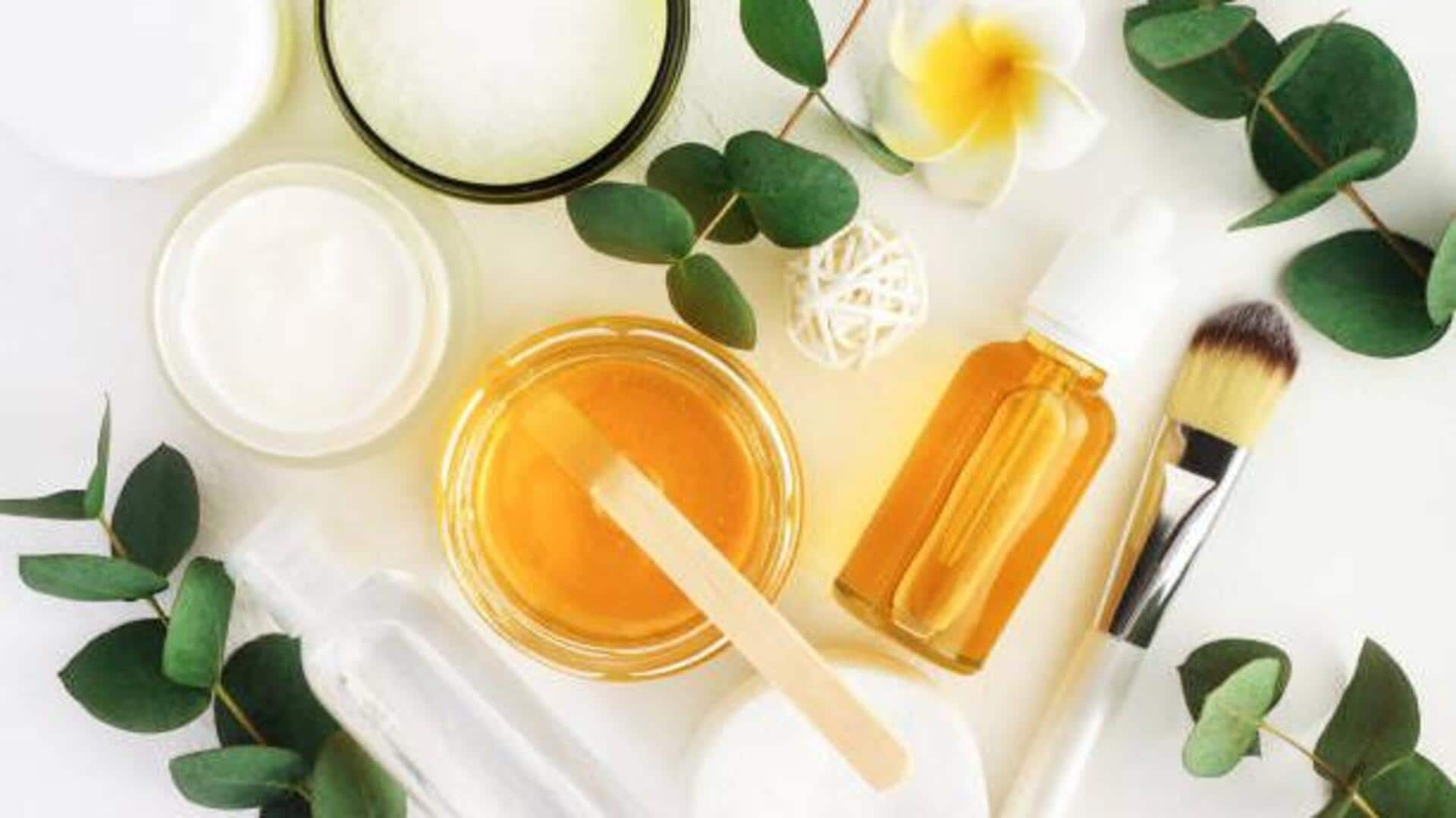
Natural skincare remedies: Myth v/s facts
What's the story
Natural skincare remedies have been in vogue for centuries, often praised as safe and effective alternatives to commercial products. But not all natural remedies are as good as they appear. Some myths refuse to die despite lacking scientific backing, resulting in skin issues. In this article, we bust common misconceptions about natural skincare remedies and tell you what really works, and what is more myth than fact.
Acidic effects
Lemon juice for skin brightening
Lemon juice has always been recommended for brightening the skin, thanks to its high vitamin C content. But, its acidic nature can lead to irritation and increased sensitivity to sunlight, which may cause burns/discoloration. While it may do the trick in controlled formulations, avoid applying raw lemon juice directly on the skin without professional guidance.
Pore-clogging concerns
Coconut oil as a universal moisturizer
Though coconut oil has been praised a lot for its moisturizing properties, it may not be ideal for everyone. The oil has a comedogenic rating of four out of five, which means that it can clog pores and cause breakouts in people with acne-prone skin. While it can be great for dry skin areas such as elbows or knees, oily or combination skin folks should use it sparingly.
pH imbalance risks
Baking soda as an exfoliant
Baking soda is occasionally used as an exfoliant because of its gritty texture. However, its alkaline nature can disturb the skin's natural pH balance (around four point five to five point five) by elevating it too much, which can cause dryness or irritation over time. Choosing mild exfoliants specifically designed for facial use is always safer.
Limited efficacy
Honey's antibacterial properties
We all know honey has antibacterial properties and thus it's used in DIY face masks for acne treatment or inflammation soothening. Although honey has some antibacterial compounds (like hydrogen peroxide), its effectiveness depends on purity and type (Manuka honey, etc.). It shouldn't be substituted with medical treatments but can be used in conjunction when used appropriately.
Soothing benefits
Aloe vera gel's healing claims
Aloe vera gel is popular for calming sunburns and minor irritations owing to compounds such as aloin that heal and reduce inflammation. While aloe vera does provide real benefits in calming irritated skin when applied topically from fresh leaves or pure gel products, depending solely on aloe without treating underlying causes may restrict overall efficacy in complete skincare routines.